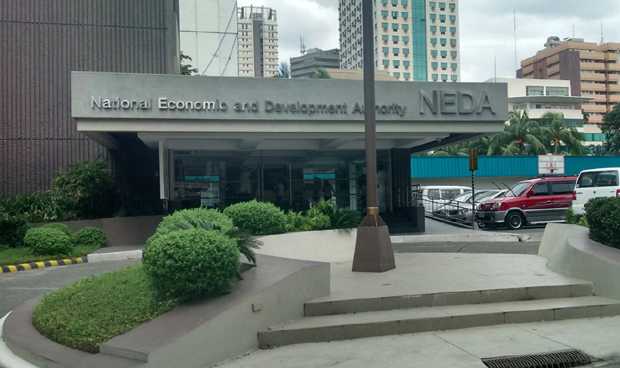The National Economic and Development Authority (NEDA) has urged Congress to pass the Open Access in Data Transmission Act and the various fiscal reform bills that seek to strengthen tax administration and broaden the tax base.
NEDA secretary Arsenio Balisacan stressed that the bill aims to narrow the digital divide in the country by encouraging the development of data transmission infrastructure, removing barriers to competition in data transmission services, and enabling the full potential of e-commerce, digital trade, and applications in the fields of education, health, and agriculture.
“To ensure that we remain on track to meet our goals by 2028, and in anticipation of future challenges and scenarios, we must pass key legislative measures aimed at strengthening the country’s economic governance and addressing the structural weaknesses of our production sectors,” said Balisacan.
Balisacan said the proposed measure promotes further liberalization of the telecommunications sector by removing the requirement of a legislative franchise for players seeking to build their networks, rationalizing access and use of the country’s scarce spectrum resources, and making it easier for entrants to provide better services for consumers at more competitive prices.
NEDA joined the members of the Economic Team in supporting the passage of critical fiscal reforms and ensuring the speedy rollout of improvements to the country’s tax administration systems as enabled by the recently passed Ease of Paying Taxes Act.
The revenue-generating and efficiency-enhancing measures will strengthen the country’s fiscal position and sustainably support the provision of social services and infrastructure projects in the medium and long term, the agency said.
In addition to these priority bills, NEDA said it is also supporting the passage of the Economy, Planning, and Development Bill – the latest iteration of the NEDA Bill.
The measure aims to institutionalize the NEDA into the Department of Economic Planning and Development to strengthen the government’s ability to formulate and coordinate medium- and long-term economic and development roadmaps aligned with the AmBisyon Natin 2040, the country’s long-term vision.
The bill also aims to enhance the coherence of national and sub-national policies, plans, and programs towards the optimal use of financial resources through the country’s public investment program.
The revenue-generating bills include the Real Property Valuation and Assessment Reform (RPVAR) and the VAT on Digital Services.
The proposed Corporate Recovery and Tax Incentives for Enterprises to Maximize Opportunities for Reinvigorating the Economy (CREATE MORE) aims to improve tax administration for enterprises, encourage investments, and promote the ease of business in the country.
Balisacan also underscored the importance of the proposed Department of Water Resources, which will serve as the primary agency responsible for the comprehensive and integrated water resources development and management in the Philippines.




